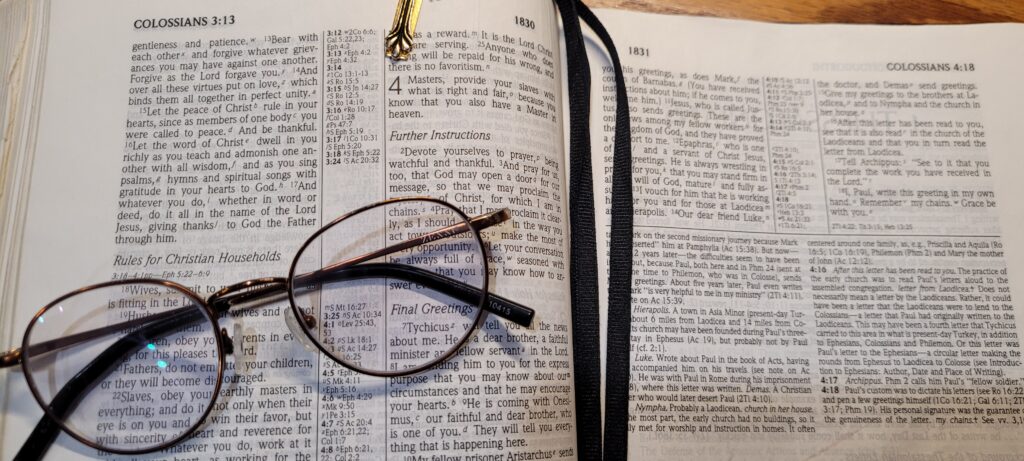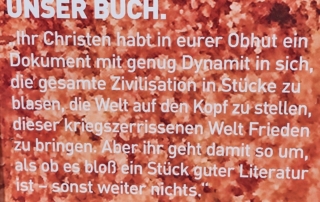A Few More Thoughts on Harvesting
The last few days we I have shared some thoughts on Harvesting based on the Parable of the Weeds from Matthew 13. That parable reminds us of the Harvest that will take place at the last day when our Lord returns to announce His judgment on this world.
However, just because there is a final harvest does not mean you can just sit back and do nothing. There is work to be done now.
Over the years driving throughout this country I have seen all kinds of crops. Huge fields of corn, wheat, soybeans and cotton. Where we lived in Sherman, Texas for almost 30 years there was a field directly behind our house. For probably twenty five of those years they planted “winter wheat” in that field. I watched as that field would sprout and grow, then watched it turn from green to yellow to mostly tan. It is an indication that the time of harvest is near.
That is the kind of thing Jesus was speaking of when He said, “The fields are white for harvest” in the words of the King James Version, or in the NIV:
John 4:35 I tell you, open your eyes and look at the fields! They are ripe for harvest.
Now is the time to get picking. Yes, there will be a final harvest, but just like those blueberries I described a few days ago were in various stages of development, some will ripen and be ready before others. Crops mature at different times. You and I are to be the workers in the harvest field now.
Matthew 9:37-38 “The harvest is plentiful but the workers are few. Ask the Lord of the harvest, therefore, to send out workers into his harvest field.”
Those workers are to be you and me, the followers of Jesus. We have work to do now. People are dying without faith in Jesus. You need to share Jesus with those you know and support the work of others who are sharing Jesus by their lives and words and actions.
A few years back, my granddaughter Jayden told us a story from when she was in Kindergarten. She and her sisters were baptized here at Grace right before her dad, Scott, married our daughter Bethany. At that time she was soaking up all the Bible stories her parents were sharing with her. She told us on the first day of Kindergarten, she told everyone in her class, “If you want to know about Jesus, meet me at the purple slide at recess and I’ll tell you all about him.” She said no one came. But that’s not the point. She was ready and willing and able to share what she knew about Jesus. That is the attitude we all need to have.
God will sort out the weeds at the end. Our job until then is to bring in the crop. Share the message of Christ as Savior so the Holy Spirit will work through that. Keep the faith and share the faith.




